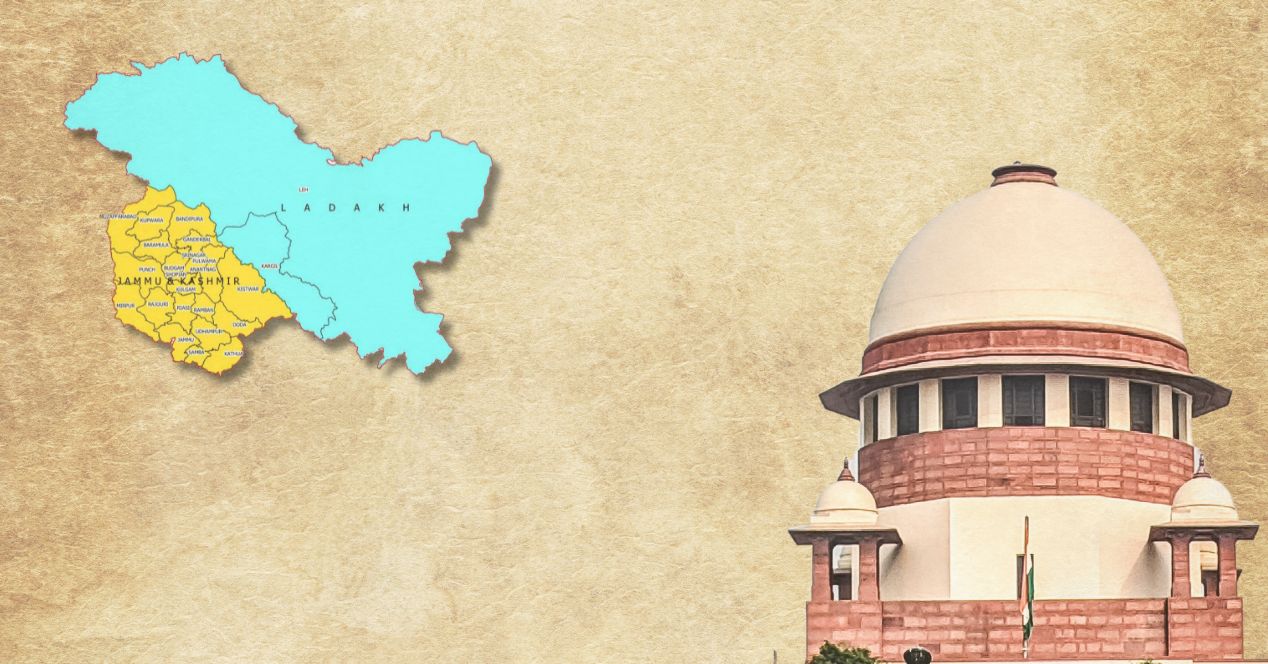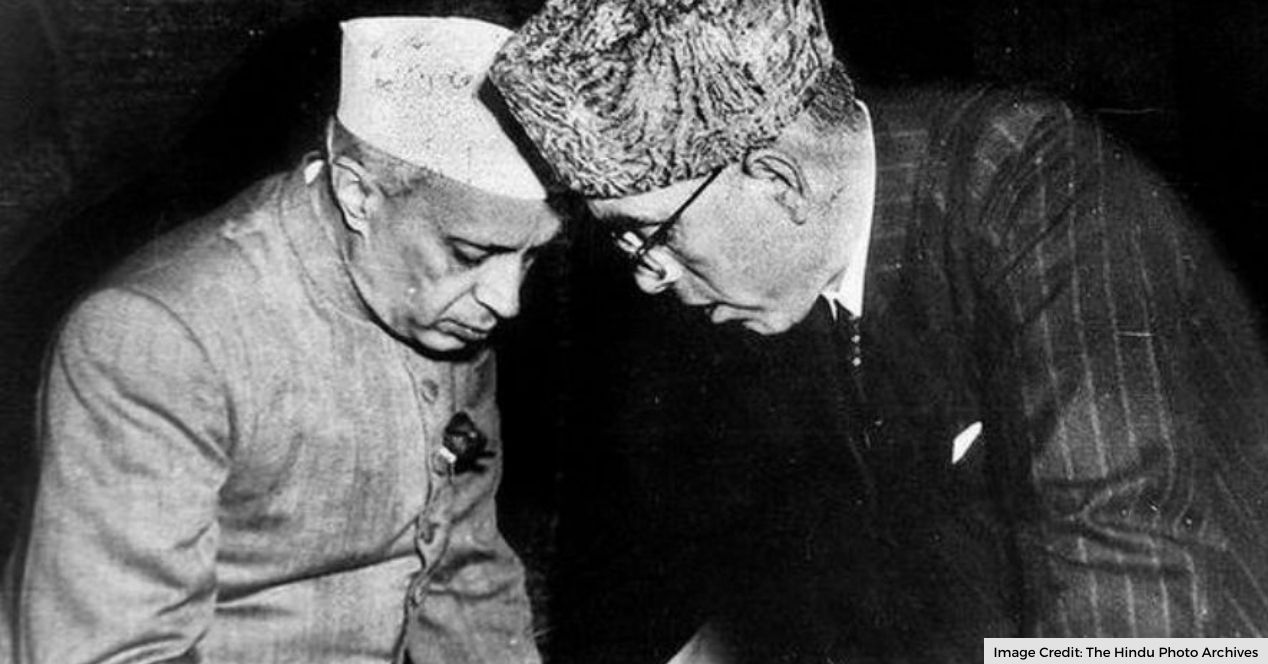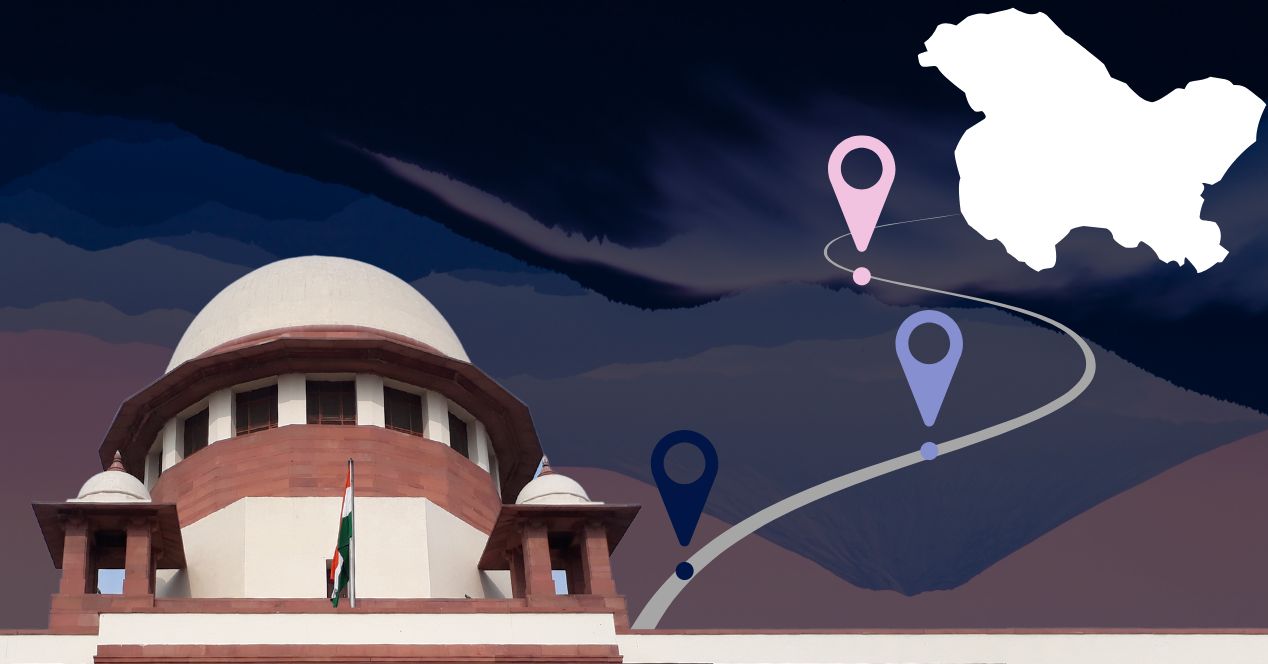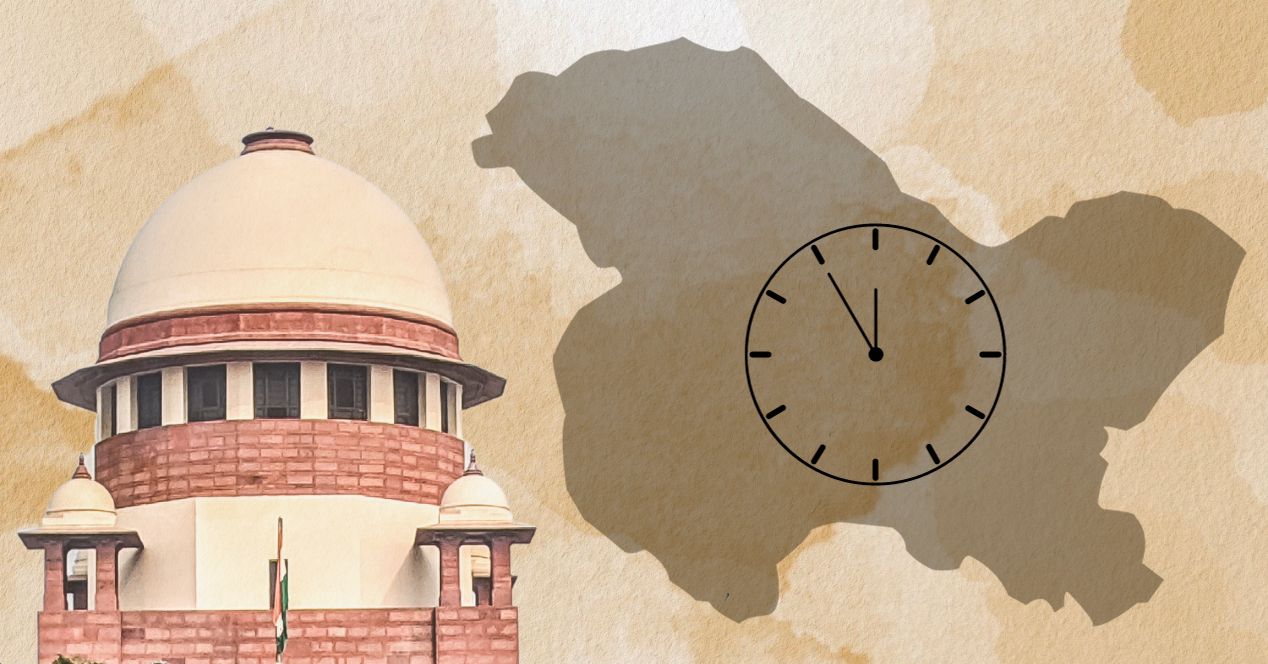Analysis
Sovereignty and autonomy: What will next week bring for Kashmir?
Before the Supreme Court has the last word on J&K’s special status, a reminder of what is at stake
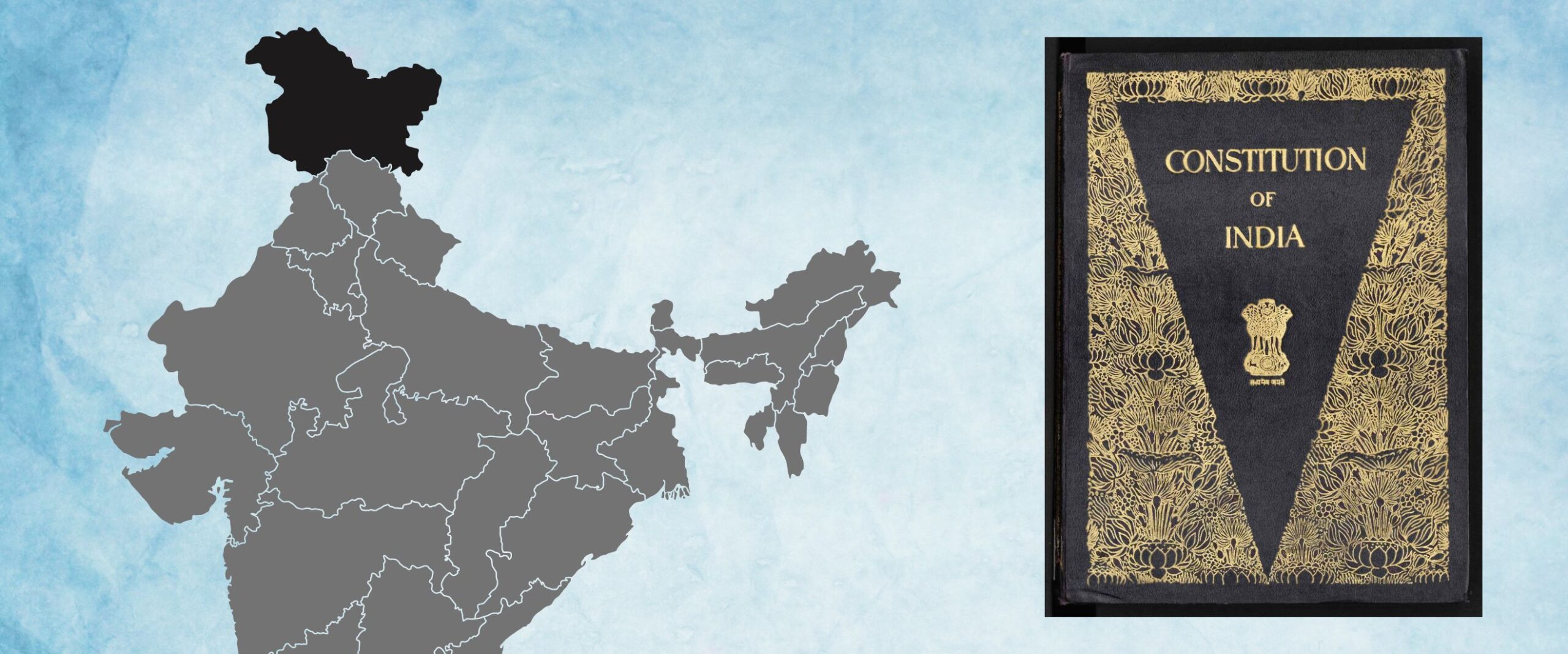
On Monday morning, five senior-most judges of the Supreme Court of India will deliver their verdict in the challenge to the abrogation of Article 370 of the Constitution. The tone of this case was set from the first day of hearings in August. Senior Advocate Kapil Sibal had opened arguments laying out the land, saying that “the Court will be analysing history; looking into whether the will of the people can be silenced; whether the procedure of Parliament was illegal; and whether Jammu and & Kashmir could be denied a representative form of government.”
Over 60 hours of hearings across 16 days, 40 lawyers battled over the true meaning of Jammu and Kashmir’s ‘special status.’ Did the framers of India and J&K’s constitutions imagine that the region would eventually be integrated into India like other states, or did they mean for the special status under Article 370 to remain forever?
Throughout the hearing, appeals were made to history (as much as to the law) and its correct interpretation. Petitioners argued that Maharaja Hari Singh, left helpless with Pakistan’s incessant attacks from the west, sought protection and agreed to accede to India. This, however, did not mean that he surrendered sovereignty. After all, in the Instrument of Accession, the Maharaja had said “Nothing in this Instrument affects the continuance of my sovereignty in and over this State…” The instruments of accession, petitioners argued, were effectively treaties entered into by two sovereigns.
Petitioners had also positioned the creation of the Constituent Assembly and the making of the state’s own Constitution as an undeniable exercise of its sovereignty. This was a way to ensure that any integration to India and the application of the Indian Constitution to Jammu and Kashmir was done keeping in mind the will of the people of the Valley. The status was special, because the circumstances in Kashmir were—and are—special.
The respondents, which included the Union and the government of J&K, wanted to flatten the difference. They viewed the abrogation of Article 370 as a benevolent exercise in restoring rights to the people of J&K. They said that “People were convinced that Article 370 was not a hindrance to progress, that they were not deprived of rights. They were told they are special and were told to fight for it.”
Respondents argued that the state had no authority to make its own constitution after relinquishing its sovereignty through the accession. The Constituent Assembly and the Constitution of J&K were just exalted titles for a legislative assembly and a state law. The source of legitimacy of the J&K Constitution, they argued, came from the Indian Constitution. In arguing against a hierarchy amongst its federal units, the Union relied on a hierarchy between constitutions.
On Monday, Chief Justice D.Y. Chandrachud and Justices S.K. Kaul, Sanjiv Khanna, B.R. Gavai, and Surya Kant will decide the fate of Kashmir, likely once and for all. Their decision could become the gospel for our understanding of India’s federal structure and Kashmir’s position in the democratic republic.
We at Supreme Court Observer will be right there—recording, studying, and relaying the decision of the top court and its impact to you, our readers. It promises to be a constitutional moment for the ages. Stay tuned.
This article was first featured on SCO’s Weekly newsletter. Sign up now!
Subscribe now!
